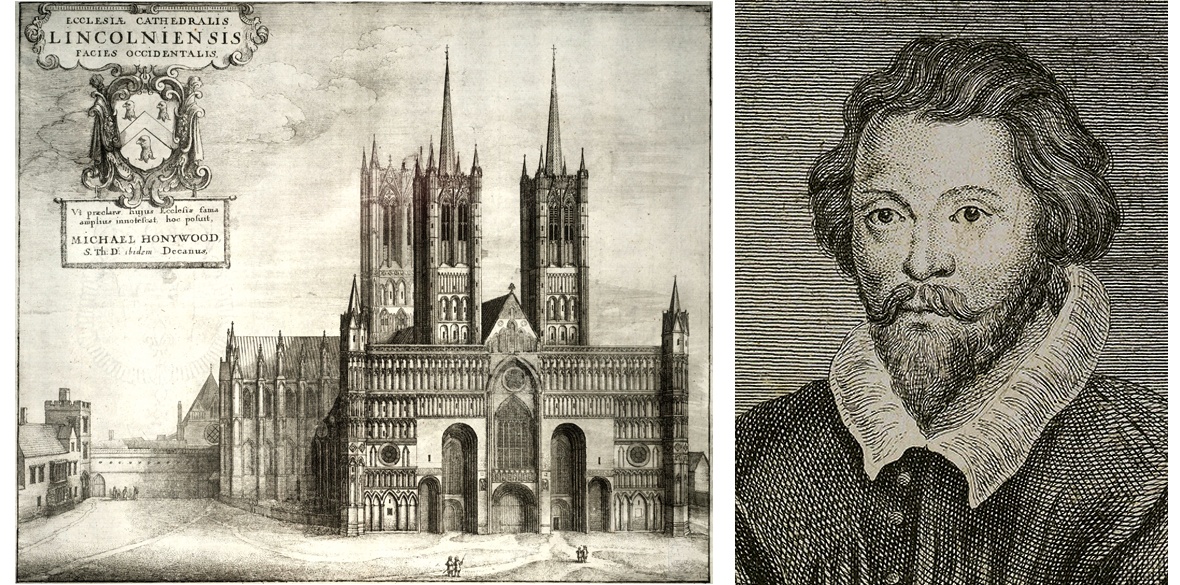This is the last article you can read this month
You can read more article this month
You can read more articles this month
Sorry your limit is up for this month
Reset on:
Please help support the Morning Star by subscribing here
2023 marks the 400th anniversary of the death of William Byrd, as well as that of Thomas Weelkes. Both English composers were highly influential, and to this day choirs and ensembles the world over perform works by both composers.
Discussions of William Byrd often focus upon the ingenuity of his music, and almost entirely separate his music from the world around him. However, Byrd was born towards the end of Henry VIII’s life, meaning sectarianism was the prominent societal ill, which Byrd himself had somehow to navigate.
Although we don’t have a definitive year of birth, it is assumed Byrd was born in either 1539 or 1540. He came to prominence in Lincoln as the organist and master of the choristers at Lincoln Cathedral in 1563, but he became an influential figure when he became a gentleman of the Chapel Royal in 1572.
This saw him in service directly to monarchy. What is fascinating about his appointment is that Elizabeth I was a Protestant monarch, and Byrd was an increasingly active and devout Catholic.
While Elizabeth was more lenient than her father, Pope Pious V’s papal bull Regnans in Excelsis made Catholics in Britain and Catholicism as a whole appear at odds with the monarchy.
However, Byrd was able to use his position in the Chapel Royal, and connections more broadly to be able to dance between his obligations to the crown and his own spiritual beliefs. This is one of the reasons Byrd is such a remarkable figure.
On a purely musical level, the dance between the typical styles of both Anglican Church music and Catholic musical styles is a great feat. They are widely different with the ornate polyphony of the Catholic appearing almost decadent in comparison to the austere Anglican homophony.
But on a socio-political level, this balance of both styles, pleasing both his employer and his own creative desires, demonstrates what Christopher Caudwell highlights in his discussion of Shakespeare. Caudwell postulates that part of why Shakespeare is so remarkable is he was able to embrace the aspirations of the rising bourgeois class that would reach its revolutionary phase with Cromwell and the English Civil War in 1642. William Byrd was part of this same movement, only missing the Civil War by 19 years.
The works which really highlight Byrd’s own voice in this period are three remarkable, and modest, revolutionary pieces.
Between 1592 and 1595 Byrd wrote three mass settings, one for three voices, one for four voices, and one for five voices. As a setting of the Catholic mass they may appear quite unremarkable, especially as they could be sung by choirs split into three, four, or five parts but, as the tradition of massed choral singing had lapsed following the death of Mary Tudor in 1558 and observing Catholic mass was predominantly done in secret, William Byrd was exercising his religious beliefs in opposition to the crown. This could have resulted in imprisonment if Byrd had not been careful, which is why they were written for clandestine celebration in private households.
With Caudwell’s argument about Shakespeare in mind, we would be remiss to ignore William Byrd in our understanding of art and culture of the time. The role of the church and monarchs had forced composers and musicians into a particular form of service, and this problem still weighed on the musical shoulders of Mozart and Haydn, who relied on the Austrian aristocracy for patronage.
However, in Byrd we encounter a composer who was beginning to exercise a distinctly different vision of music: music that remained true to himself, and this is the revolutionary quality of Byrd.
He was a composer who stood by his convictions, in the face of the pressure from the crown. While this was in keeping with the values of the progressive bourgeoisie, we would be wrong to let Byrd slip out of view in the history of radical Britain.
Centuries before Beethoven proclaimed that all men will be brothers, we have Byrd modestly describing his own ideals.
Today, a simple mass setting may seem rather dry, and even conservative, but given the environment around him at the time, isn’t it incredible Byrd could be so revolutionary with such modest means?
So, this year, as we celebrate the incredible life of Byrd with numerous events, let’s continue to reflect on the class character of Byrd’s extraordinary compositions.










